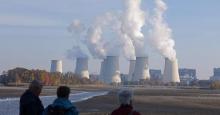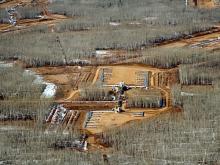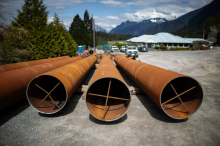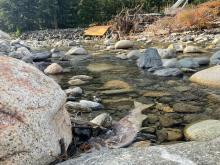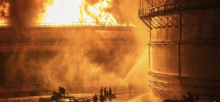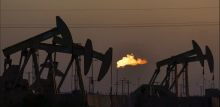Four B.C. MPs are urging the federal government to halt the construction of the Trans Mountain pipeline and expansion project at least until salmon have finished spawning. The call comes after environmental group Protect the Planet documented salmon dying near a Trans Mountain worksite in Hope, B.C., last week.

